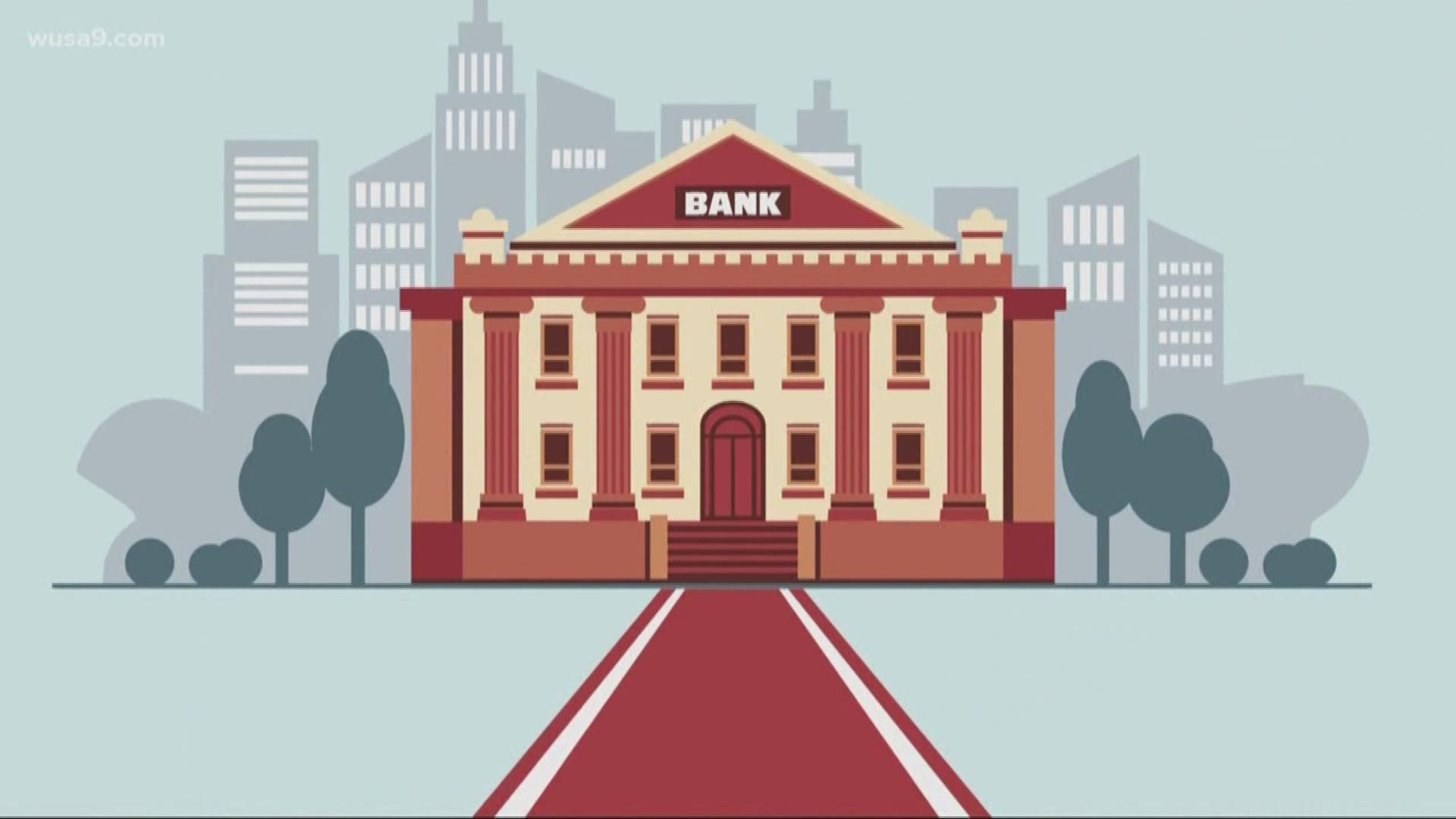Hundreds of thousands of federal workers and contractors are now likely to go without a paycheck this week.
So what should you do if you can't pay your bills?
The National Foundation for Credit Counseling says the first step is to reach out to your creditors, let them know you've been furloughed, and ask them if you can skip a payment or just pay the interest. And ask them not to ding your credit report.
"It is important to take action immediately," said Bruce McClary of the NFCC. "The first thing you need to do is reach out and contact anyone you owe: your creditors, your mortgage company, your credit card companies."
Shift to an emergency household budget that cuts your spending down to the bare necessities. Limit travel, suspend your cable if you can, and put your gym membership and newspaper subscription on hold.
See if charities can help. The credit counseling foundation says there are dozens ready to lend a hand or offer guidance. Some private businesses are offering special discounts and free services to people hit by the government shutdown.
You can also get help from non-profit financial experts. Check NFCC.org for a certified counselor.
Some banks and credit unions are offering discounted loans, but be careful.
"If you're going to get a loan, you need to get the terms, understand the agreement," said Xavier Epps of XNE Financial Advising. "You're going to be stuck with this debt after the shutdown. So you want to make sure it's something you can afford."
Make a list of essentials and non-essentials, and just hope the shutdown is resolved soon.
When you do get back to work, the experts urge you to set aside some money bit by bit in an emergency fund. So that if there's a next time, you have a little more to cushion the blow.

